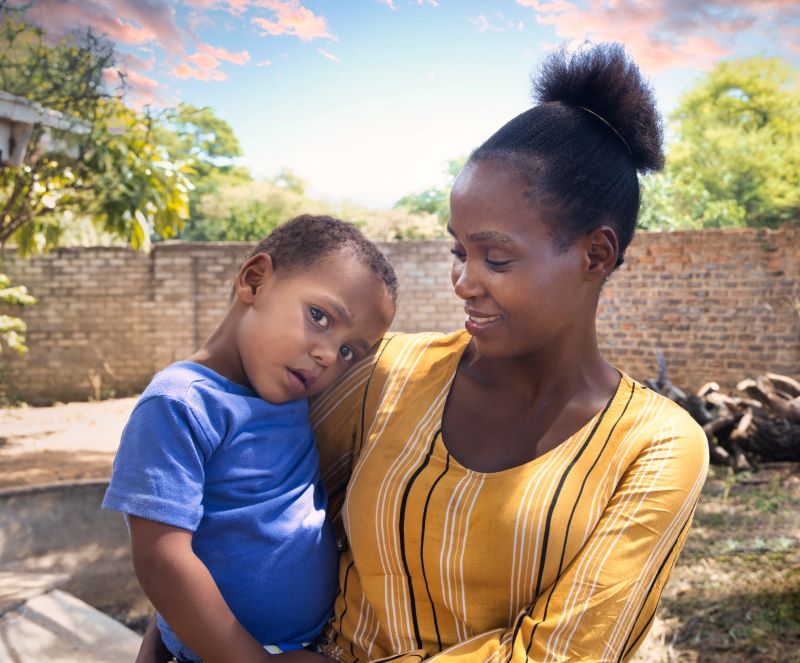In just six years, the Zambia Ministry of Health has grown its adoption of the ECHO Model from one program, addressing HIV/AIDS, to becoming an ECHO “Superhub” – a regional partner who trains and supports new ECHO Hubs to launch and grow.
“What makes the ECHO network work in Zambia? It’s people understanding our credibility as part of the Minister of Health’s agenda,” says Dr. Lloyd Mulenga, the ministry’s national director for infectious disease.
ECHO provides a way for the Zambia Ministry of Health to have cost-effective, efficient and more equitable training and capacity building at scale, instead of spending time and money moving people for in-person training.
“Because ECHO is a recognized program under the directorate of clinical care and diagnostics at our Ministry of Health, ECHO expedites everything as a solution for coordination between various stakeholders and within ECHO communities of practice,” says Dr. Sombo Fwoloshi, infectious disease specialist and chief clinical mentor for the national HIV and Tuberculosis Programs.
“Whenever there is an emerging issue, our Ministry of Health looks to ECHO, thinking: what will ECHO tell us in the next session on any upcoming public health threat,” says Dr. Mulenga. ECHO partners in Africa are working together and preparing response efforts for: Ebola, measles and mpox.
From HIV to COVID-19
In 2018, the Zambia Ministry of Health first implemented the ECHO Model to address HIV/AIDS, with funding from the U.S. President’s Emergency Plan for AIDS Relief (PEPFAR). Its popularity was clear: more than 1,000 people attended each session.
A dramatic catalyst for Zambia’s ECHO network’s expansion occurred in 2020 with the COVID-19 pandemic. ECHO partners could quickly and easily disseminate knowledge and best practices across the country. Since then, Zambia has added ECHO programs related to cancer treatment, training for community health workers supporting TB patients, laboratory systems, antimicrobial stewardship, Long COVID, and maternal and child health.
ECHO has also connected Zambian health care providers to specialists around the world. “As we saw with HIV/AIDS programs, and then as we saw with COVID, having a mix of people from the United States, from Europe, from different countries in the region, addressing the challenges facing a common Zambian is something which keeps our audience really eager and looking forward to the next sessions,” says Dr. Mulenga.
Zambia’s ECHO Superhub relies on local and global partners, including: Jhpiego; FHI360; the U.S. Centers for Disease Control and Prevention; United States Agency for International Development; the World Health Organization; and the Zambia National Public Health Institute. It has also helped to establish the Southern African Regional ECHO Program, coordinating training and emergency response for ECHO and public health programs across: Botswana, Eswatini, Lesotho, Malawi, Mozambique and Zambia.
To learn more about Project ECHO’s work in Africa, email us.
Featured Image Credit: Adobe Stock

